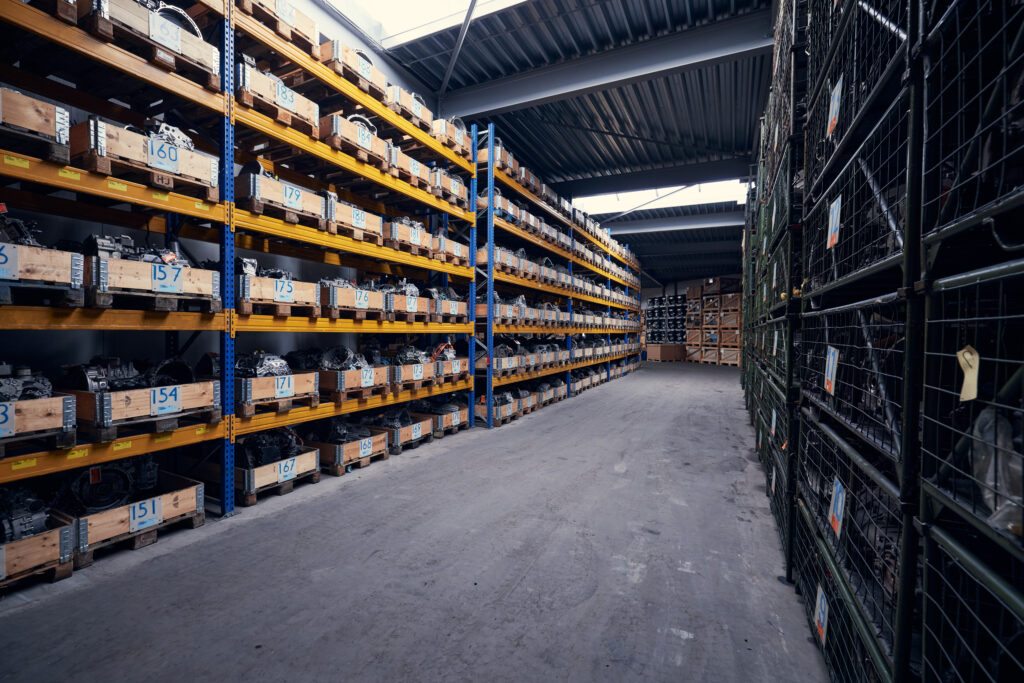The recycling fee for cars is used by ARN to meet the legal obligation of realising at least 95 per cent for car recycling and reuse. All end-of-life vehicles in the Netherlands are sustainably recycled and nearly all the residual materials are put to good use. During the past few years, car-dismantling, shredder- and recycling-companies collectively realised a recycling percentage of about 98 per cent.
Universally binding obligation
The recycling fee has decreased significantly in recent years. This is partly thanks to the introduction of the universally binding obligation, which came in to force on 1 May, 2021. Since that date, this recycling fee has also been applicable to the more than 200,000 cars and light commercial vehicles that are imported from abroad every year. From 1 January 2023, the fee has been set at €22.50.

Battery-management fee
The management fee paid by participating car importers to ARN for the collection and recycling of Li-ion batteries from hybrid and fully electric cars also dropped substantially in 2022. Depending on the weight of the battery, the drop was approximately 50 per cent. The main reason for the reduction is that average battery life is longer than was previously expected. This means that fewer drive batteries are being returned for recycling than was previously allowed for. They are also being returned later, which means that collection and recycling costs are also incurred much later. Furthermore, the fact that only a limited number of battery modules are now being replaced, as opposed to complete battery packs, has also reduced costs. Exactly how recycling costs will develop in future is still uncertain. It will partly depend on the type of batteries that come on to the market, opportunities for scaling up and, of course, technological developments.